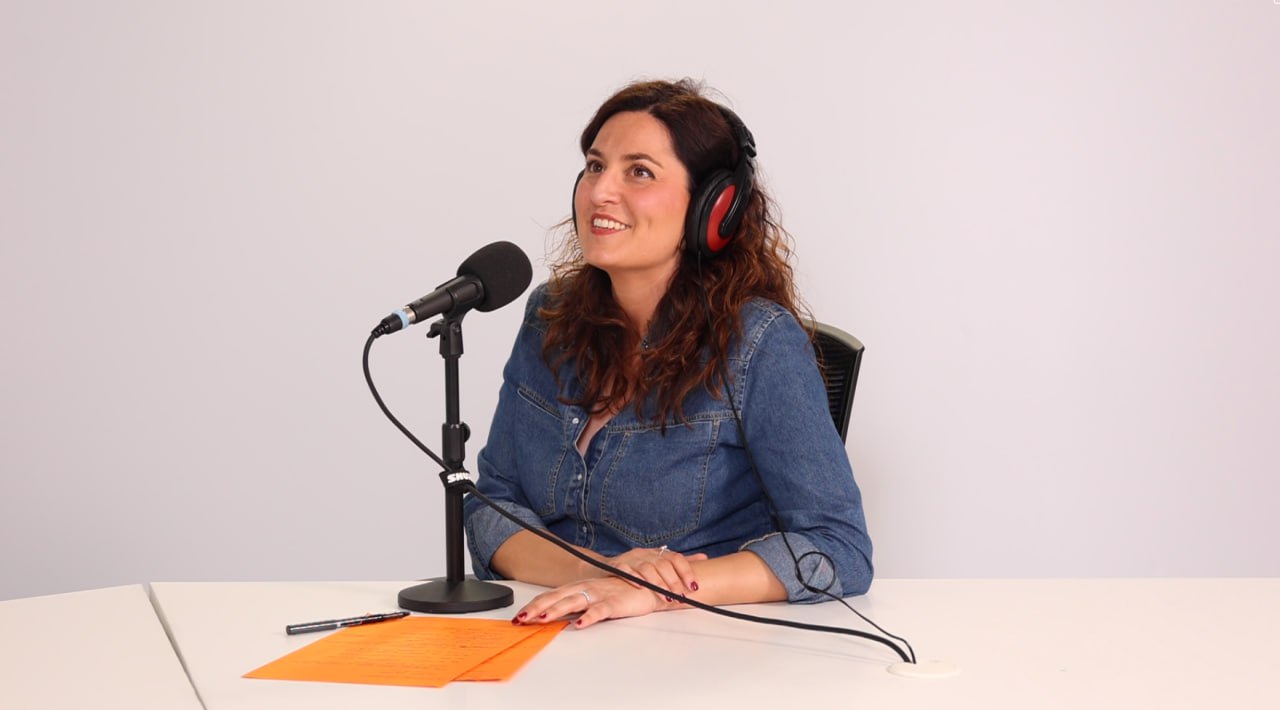
Accompanied by Irene Lafuente, she and Iñigo Martínez reflect on being adults in the seventh episode of the podcast Asked Wild. One of the clues: "We adults have Peter Pan's syndrome inside us; we want everything, however we want it, whenever we want it." Are we that old?

The podcasters of LA LUZ will give life to a déjà vu: As Edurne Azkarate predicted in BTN, "maturity is a performance". No one knows what he's doing, but it's the same, and don't be noticed.
Are we smarter with time? Perhaps it is, or probably it is for philosophy professor Irene Lafuente, for example, because we learn – or maybe not – to relativize what happened. "That is wisdom, practical wisdom to learn to live better," says Lafuente, in a nod to the ancient Greek philosophers, who claimed that this wisdom of experience is essential to well-being and/or happiness. "I hope I'll be wiser with age, but I'll also keep my curiosity," says Lafuente.
With maturity as a theme, it has inevitably been put in constant collision with childhood. Because, in the form of a session to session conclusion of Wild Questions, childhood has more of a surprise than maturity. And it is also different in the way we perceive time. Childhood has a particular "rhythm" and "tempo" according to Lafuente, and maturity is much slower. In the transition from childhood to maturity, Lafuente sees these and more changes mentioned.
How do children define maturity? Very different, according to the speakers. Lafuente, as a teacher, has seen the following comparisons: younger children pay attention to the physical aspects, "beard, tits and especially musculature", and beyond the physical, the perspective on freedom is different for younger and slightly older children or adolescents. "The little ones see that freedom is everything for good, because you decide everything, what to do, what to eat, when to go to bed... But, I’ve been to ESO1 and ESO2 classes this year, and they see that they were freer before, and they’re not going to be free anymore because they’re going to have to go to work yes or yes, take care of their grandparents and do many other tasks.”
The adult limit, in many things, is set at 18 years in the Basque Country. For example, to vote. Well, recently, the Spanish Sumar party has proposed lowering this barrier to 16 years. Lafuente extended the question to the Baccalaureate students: how do you, who are between 16 and 18 years old, see it? Would you like to vote? In the group of 22 people, all the students said that they preferred not to, that they don’t see themselves ready. The time will come for them to do so, but not in spite of anticipation.
Lafuente, he remembers, wished that he had been there at that time, as well as those around him, so that he could reach the age of 18 and vote. "How should we interpret this? “He asked. See how things have changed there. But not for good, not for bad. "We often talk about the crystal generation, but what does that mean, that they are fragile? That they have a weakness? I think that today’s young people have more potential to express vulnerability than their predecessors, and that is considered a bad thing, but it can be a value,” says Lafuente.